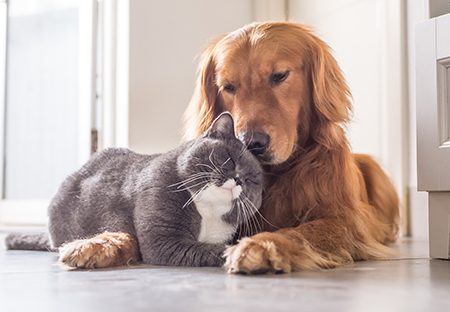 Jim* and Pam* knew that “happily ever after” was for fairy tales.
Jim* and Pam* knew that “happily ever after” was for fairy tales.
They knew their relationship wouldn’t be perfect, but they figured they’d find a way to solve those problems when they came up.
Then, the arguments started.
Each privately wondered how they could love this person so much yet feel frustrated and misunderstood.
The intensity of their fights increased. The word “divorce” had been thrown out more than once during a conflict.
They hadn’t been intimate in months (unless you counted that time when they were both pretty tipsy).
Therapy seemed like their last chance.
Their relationship needed some major repairing, and it was clear that resolving issues on their own wasn’t the answer.
They didn’t just want better communication but to rebuild their relationship and maybe make it better than ever.
 Sessions started with self-reflection.
Sessions started with self-reflection.
During the initial phase of couples therapy, Jim and Pam learned some important things about themselves and their relationship.
Pam realized that much of her anxiety – which she had assumed was due to Jim’s avoidance of conflict – predated her relationship with Jim.
For his part, Jim realized that his efforts to keep things calm with Pam kept her at arm’s length.
Jim and Pam shared how they approached their relationship based on past hurts that predated their life together. This realization helped them learn that their previous protective strategies fueled their conflicts. Jim’s independence triggered Pam’s worries about abandonment, and Pam’s efforts to get Jim to open up triggered Jim’s instincts to close down and hide.
Recognizing this pattern was the first step.
Then, Jim and Pam needed to try some new moves.
As Pam began to recognize the triggers for her anxiety, she was able to try some new things to soothe her fears. Her worries faded into the background as she realized how much Jim cared about her.
Jim also began to try some new strategies for handling his worries. He noticed that opening up about his thoughts and feelings with Pam didn’t push her away – it seemed to draw her closer.
 Jim and Pam regained their closeness.
Jim and Pam regained their closeness.
They say they feel closer than either ever imagined they could.
They are intimate more often and no longer have the drawn-out, angry fights they used to. “We still fight sometimes,” Pam says, “but we resolve them quickly and even can hug afterward!”
Instead of staring at the floor in sessions, Jim wraps his arm around Pam and hands her tissues when needed. He reports having more confidence overall and tells Pam that he has never felt as safe as he does with her.
Why hadn’t they been able to do this on their own?
Whenever I browse my local bookstore’s “self-help” section, I am impressed by the number of books written to help couples improve their relationships. With so much information out there, why aren’t we all able to repair things on our own?
The answer might depend on who you ask, but it’s the same reason sports coaches have a job. We can’t always see our moves as we make them. It takes perspective, and some direction, to guide us into the places we don’t know we need to go.
Knowing the mechanics of HOW to swing a bat doesn’t mean we’re going to be able to get the ball to go where you want it to every time. There’s timing, stance, the trajectory of the incoming ball, muscle tone, past injuries, and the anxiety of getting it right. We need to factor all these issues into the equation.
 Couples therapy makes a difference.
Couples therapy makes a difference.
How does couples therapy work? I often tell my clients that couples therapy is a “win/win/win”: Both individuals and the relationship get support. Success doesn’t mean that all three entities must be perfectly healthy, but it helps to support all three simultaneously.
As shown with Jim and Pam, couples therapy begins with introspection by both partners and realigning how each partner responds. Like the baseball example, Jim and Pam could not see the factors preventing them from open communication that acknowledged how they thought about themselves and how responses from one might trigger past reactions.
If you want to improve your relationship, I can help. I have training in approaches (e.g., Emotionally Focused Therapy and Neuroaffective Relational Model) that can help couples through difficult times.
Struggling alone is not the answer. Don’t hesitate to contact me, and let’s help address what keeps you apart.
*Names and stories are composite narratives and do not reflect actual clients.

